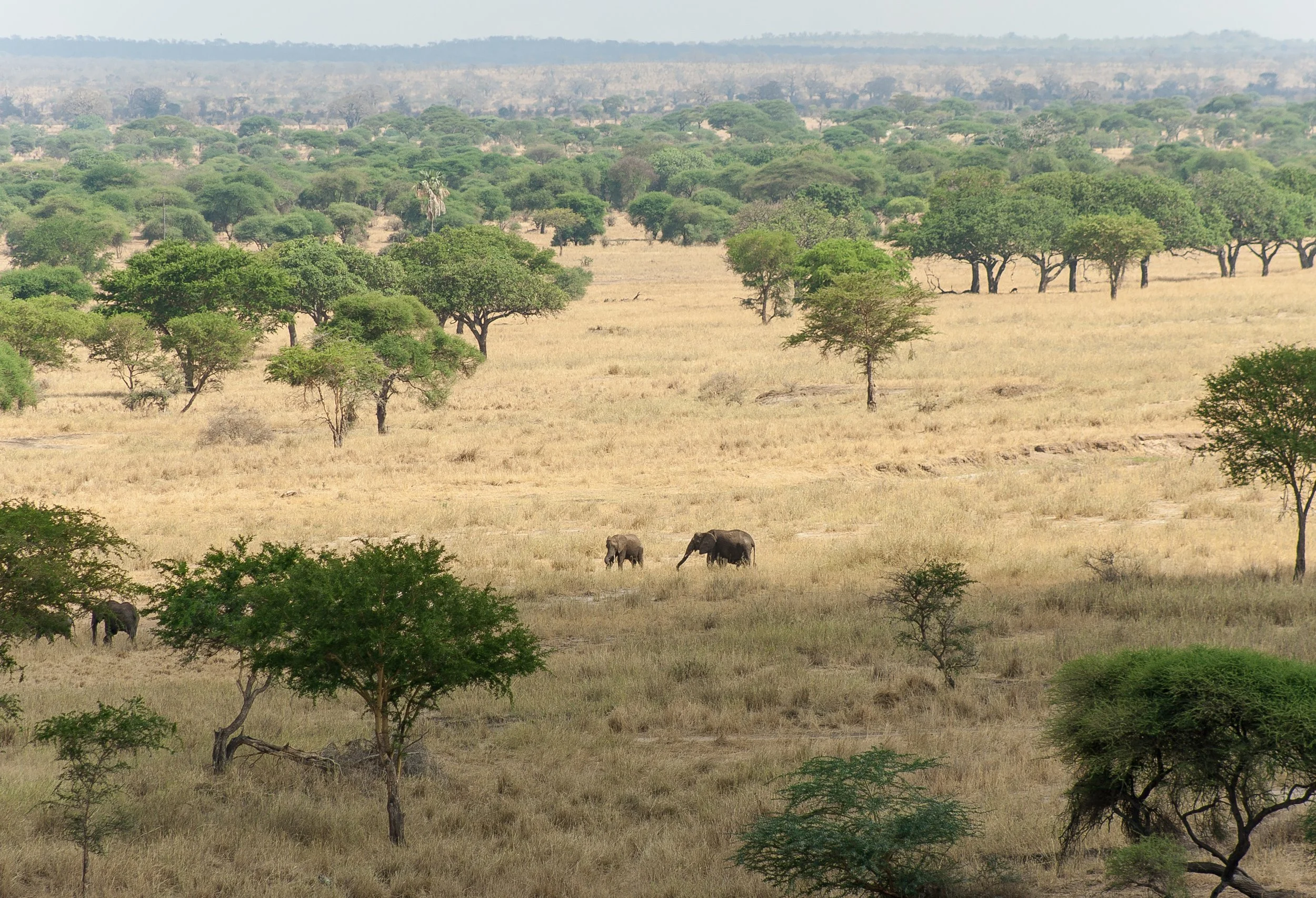
The AREA Lab
About the Lab
AREA stands for Applied Research in Environmental Anthropology. The primary scope of the AREA Lab is the application of anthropological research methods to address real-world environmental issues. We use mixed ethnographic methods including participant observation, interviews, focus group discussions, questionnaire surveys, and geographic information system (GIS) mapping to understand human-environment interactions across space and time.
Where we work
The AREA Lab is located at the University of Lethbridge, where it is directed by Dr. Justin Raycraft in the Department of Anthropology. The AREA Lab currently has a primary field site in the Tarangire Ecosystem of northern Tanzania. The Tarangire Ecosystem spans approximately 25-40,000 km² encompassing several national parks and community-based conservation areas. It has a semi-arid climate with bimodal rainfall patterns and is covered mainly by Acacia and Vachellia Woodlands, Commiphora bushlands, and grassland plains. The area is home to Kisongo Maasai and Arusha Maasai agropastoralists who depend on their livestock and farms for livelihood and wellbeing. The ecosystem supports a vibrant array of wildlife including some globally significant species of large mammals.
Who we work with
The AREA Lab collaborates with numerous local, regional, and international organizations, and is affiliated with a wide network of researchers and practitioners in Canada and abroad. Through funding from a variety of sources, including the Prentice Institute for Global Population and Economy, and the Social Sciences and Humanities Research Council of Canada, the lab supports undergraduate and graduate student research in environmental anthropology. Dr. Raycraft welcomes inquiries from prospective students who are interested in carrying out research under the umbrella of the AREA Lab.
Our impact
AREA Lab researchers produce peer-reviewed academic scholarship that enhances theory and applied publications aimed at informing environmental policy makers. We communicate our research to the general public through open-access journal articles, photographic essays, and documentary films. Research carried out through the AREA Lab is particularly attuned to issues of sustainability and equity, and we ground our research in the lived experiences of people whose livelihoods and wellbeing are at stake. A central tenet of the AREA Lab is to foreground the perspectives of local and Indigenous communities in environmental discourses.




